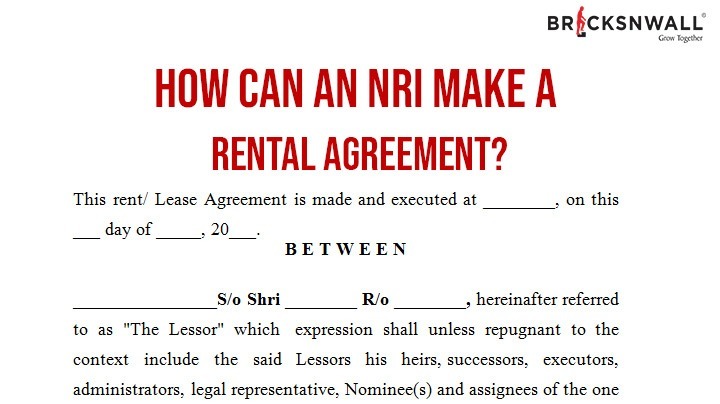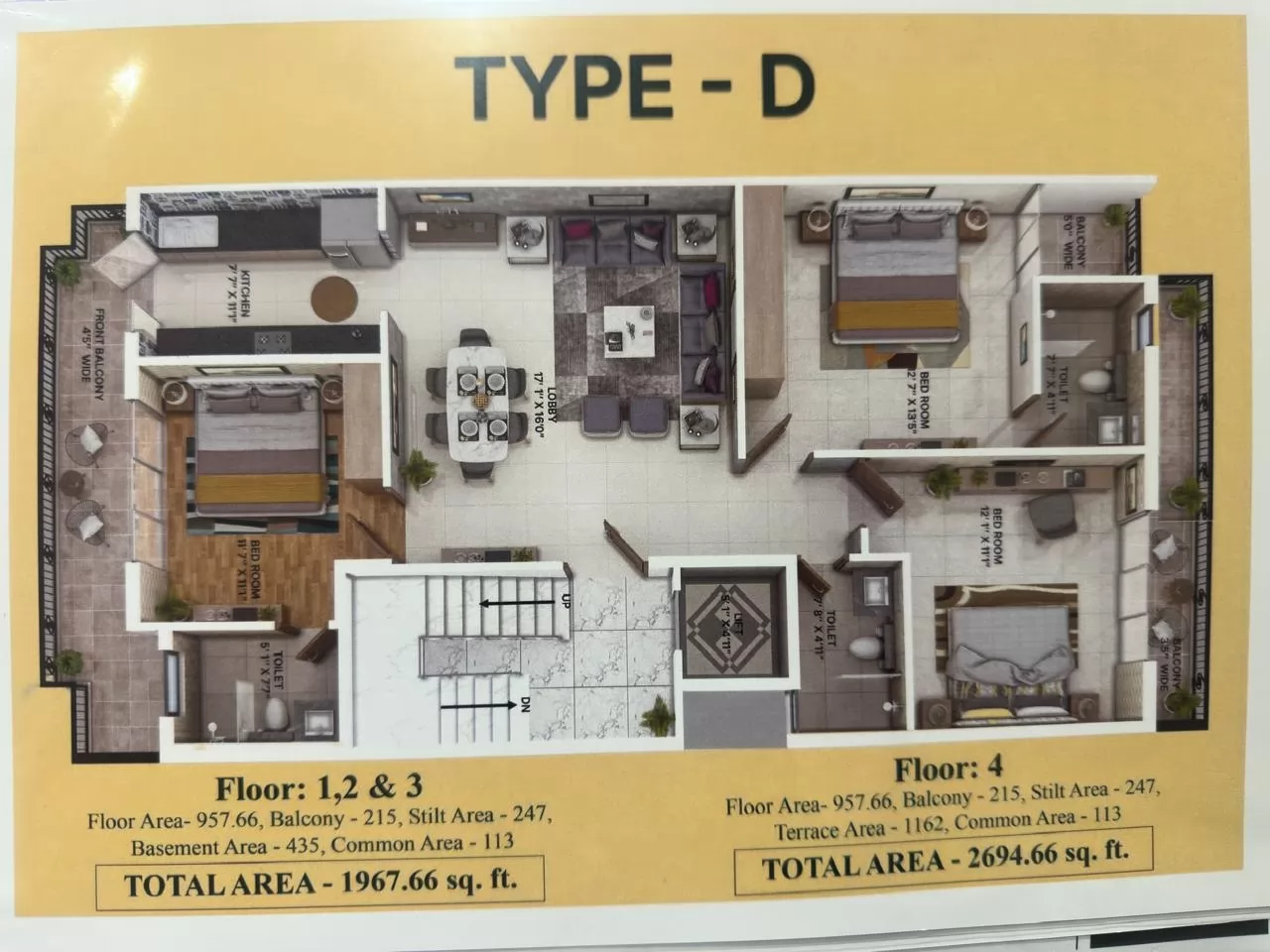How can an NRI make a rental agreement?
Koheli

Suppose you
are a non-resident Indian (NRI) and own property in India that you wish to rent
out. In that case, you must create a rental agreement to formalize the
arrangement between you and your tenant. However, being an NRI can make the
process a bit more complicated.
In
this blog post, we'll explore the steps an NRI can take to create a rental
agreement in India.
Find
a trusted lawyer:
The first
step in creating a rental agreement is to find a trusted lawyer familiar with
India's laws. This is important because rental laws in India can be complex
and vary from state to state. A good lawyer can guide you through the process
and ensure that your rental agreement is legally binding.
Gather
all necessary documents:
Once you
have found a lawyer, you must gather all the necessary documents to create the
rental agreement. These may include your property papers, proof of ownership,
and identification documents such as your passport and visa.
Include
essential clauses in the agreement:
Specific
clauses are essential in a rental agreement in India. For example, the contract
should clearly state the rental amount, the duration of the lease, and the
security deposit amount. It should also outline the responsibilities of both
the landlord and the tenant.
Get
the agreement registered:
In India, it
is mandatory to register a rental agreement if the lease period is more than 11
months. You will need to get the understanding registered at the sub-registrar
office in the area where the property is located.
Sign
the agreement:
Once the
rental agreement is drafted and registered, the landlord and the tenant must
sign it. If you are an NRI, you may need to sign the deal in the presence of an
Indian consulate or embassy.
Follow
up with the tenant:
Once the
rental agreement is signed, it is essential to follow up with the tenant to
ensure they comply with the agreement's terms. You should also keep a copy of
the agreement for your records.
Creating a
rental agreement as an NRI in India can be a complex and confusing process, as
many legal requirements and documentation are involved. However, with the help
of a trusted lawyer, the process can become much more manageable and straightforward.
A good lawyer can guide you through the process, answer any questions you may
have, and ensure that all the necessary legal requirements are met.
One of the
most critical aspects of creating a rental agreement is ensuring that it is
legally binding. This means that it must be drafted per the laws of India and
registered with the relevant authorities. Following the steps outlined above,
you can ensure that your rental agreement is legally binding and will protect
your interests as a landlord.
Another
important consideration is ensuring the rental agreement is comprehensive and
covers all necessary details. This includes details such as the rental amount,
the duration of the lease, the security deposit, and the responsibilities of
both the landlord and the tenant. By including all these details in the
agreement, you can avoid any misunderstandings or disputes.
Once the
rental agreement has been signed and registered, it is essential to follow up
with the tenant to ensure that they comply with the contract terms. This may
involve periodic property inspections or regular communication with the tenant.
By staying involved in the rental process, you can ensure that your property is
well-maintained and your interests are protected.
Conclusion
In conclusion, while creating a rental agreement as an NRI in India can be daunting, it is essential to protect your interests as a landlord. By enlisting the help of a trusted lawyer and following the steps outlined above, you can create a legally binding and comprehensive rental agreement that will provide peace of mind for you and your tenant.




